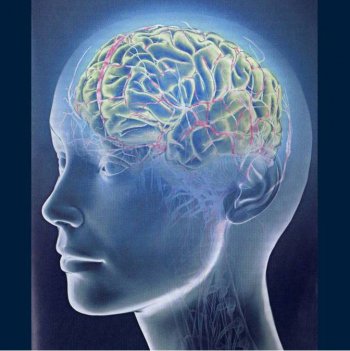After a light, all-night rain, the clouds cleared and the sun made a welcome appearance in the early afternoon. People got outside and into the parkland in droves, including me. Meditation quickly ignited through undivided observation. Suddenly a rollicking group of boys descended on the place.
 They all wore the same orange striped shirt, and no one saw me sitting on the other side of a tree as they ran down the bank. Their father (he looked old enough to be their grandfather but one of the four called him Dad) looked down from above. “There’s a man fishing,” he said. Not fishing, I replied. “Wishing then,” he retorted. Not that either.
They all wore the same orange striped shirt, and no one saw me sitting on the other side of a tree as they ran down the bank. Their father (he looked old enough to be their grandfather but one of the four called him Dad) looked down from above. “There’s a man fishing,” he said. Not fishing, I replied. “Wishing then,” he retorted. Not that either.
One of the boys came around the tree and stood next to me. He was about seven, and had a wide-eyed, innocent face. He said they were “looking for oak balls.”
Oh I know what you mean, I replied. Though they looked different, they all wore the same shirt and looked the same age. I wondered if they quadruplets. The boys had obviously thrown the fungal spores, which grow in large numbers on the plentiful oaks in the park, into the creek upstream, and were running downstream to watch them float by.
In the meditative state, there was no distance between the boy and oneself, and indeed, it almost seemed as though I was looking as a boy of his age. It wasn’t that he reminded me of myself as a boy, but in a deep sense, it felt as though there weren’t two people there, just one.
Without attention of meditation, by whatever name, the pathways of conditioning in childhood become well-worn ruts as we age. Children under seven or so don’t have the barriers and barricades of fixed identity.
Can they be shown how to observe in a way that keeps their brains young and insights flowing even into old age? Must memory be overvalued and given primacy, as exemplified by Nobel Laureate Eric Kandel in his book, “In Search of Memory?”
Kandel says that he would “like to develop a reductionist approach to the problem of attention.” He reflexively links a compelling question (“what is the nature of the spotlight of attention?”) with “the encoding of memory throughout the neural circuitry.” For Kandel, “selective attention is one of the royal roads to consciousness” because it encodes and sets memory.
To my mind, that is false and wrongheaded. Kandel is actually talking about concentration when he speaks of “selective attention.” And he’s pointing in the wrong direction altogether with regard to memory.
Most memories are not just unneeded; they are harmful to healthy brains and societies, not to mention human consciousness as a whole. Psychological memory is the impediment to realization, not the holy grail of consciousness.
Concentration does indeed “encode memory,” whereas attention deletes memory. And erasing psychological memories has become far more important than encoding practical memories. Inclusive and undirected attention is indispensable to liberate the mind and brain, and awaken higher states of consciousness.
The human brain evolved to automatically record and accumulate experience as memory. That was a very useful capacity when we lived in nature. It’s  the foundation upon which accumulating learning about animals and plants was based.
the foundation upon which accumulating learning about animals and plants was based.
Now however, most people act out of a vast unseen reservoir of mental and emotional memory, the residue from family, culture, race and class conditioning. However a human being can free himself and herself from psychological memory through passive watchfulness gathering intense, undirected attention, which effortlessly quiets and cleanses the mind and brain.
In other words, we free ourselves from conditioning by attending to the movement of thought with sufficient intensity to delete divisive and useless memories. Discerning which memories to delete and which to keep is not an act of conscious choice, but of the intelligence of awareness.
Observing the movement of the mind and emotion, the spurious barrier between the conscious and unconscious mind dissolves, and the entire movement of thought and emotion reveals itself.
Sustaining a non-exclusive and intense attention, the mind/brain effortlessly lets go of its content and is completely still and empty.
With complete silence of the content and mechanisms of thought, the brain is renewed. Rather than the synapses tunneling deeper into the same old ruts, one is liberated from the grooves of memory and thought.
In effortlessly letting go of psychological memory, the mind has the space for insight, and the energy to create anew.
Martin LeFevre

